In the competitive oral care market, electric toothbrush manufacturers must deliver consistent product quality while managing potential risks effectively. One of the most crucial ways to ensure product reliability is through a robust traceability of electric toothbrushes. Especially for key components like motors and the waterproof casing, strict control through motor calibration standards and a detailed waterproof test process is vital. Together with proper quality inspection record archiving, these measures help maintain brand reputation and significantly contribute to product recall prevention.
The motor is the heart of any electric toothbrush, directly impacting performance, user experience, and product life. Adhering to precise motor calibration standards ensures that each unit operates within specified parameters, including:
Rotational speed (RPM) consistency
Vibration strength within optimal ranges
Noise level control to enhance comfort
During production, every motor undergoes calibration using specialized testing equipment. Detailed calibration data are recorded in the production traceability system, linking each motor to its corresponding toothbrush serial number. This practice guarantees that any deviation can be traced back instantly.
Daily exposure to water makes the waterproof test process critical for electric toothbrushes. The standard testing procedures typically include:
IPX7 or IPX8 level testing (depending on product design)
Simulated submersion and spray testing
Seal integrity inspections after assembly
Each unit must pass waterproof testing before packaging. Testing results are digitally logged into the system for full traceability, supporting both quality assurance and future troubleshooting.
A complete taceability of electric toothbrushes captures detailed data at every critical stage, including:
Component sourcing information (e.g., motor batch numbers, casing material suppliers)
Assembly records (e.g., assembly line, operator ID)
Calibration and testing results (e.g., motor RPM, waterproof test pass/fail results)
Using barcode or RFID tagging, each product’s full manufacturing history is stored in an integrated database, accessible for audits, client reports, or after-sales service.
Proper quality inspection record archiving ensures that all data related to motor calibration, waterproof testing, and final inspections are securely stored for the long term. Best practices include:
Digital archiving to prevent loss or damage of physical documents
Cloud-based systems to allow remote access and enhanced security
Periodic audits to verify record accuracy and completeness
This system not only supports internal process improvements but also acts as strong evidence in regulatory compliance and client quality assurance reporting.
By enforcing strict motor calibration standards, executing a thorough waterproof test process, building an effective traceability of electric toothbrushes, and maintaining detailed quality inspection record archiving, manufacturers can greatly enhance product reliability.
More importantly, these steps are crucial to product recall prevention — protecting brand reputation, minimizing financial loss, and ensuring customer trust.
Partnering with a professional manufacturer who values process traceability is the first step toward producing world-class electric toothbrushes.
Contact our team today to learn how our traceability and quality management systems can support your OEM/ODM electric toothbrush projects!https://www.powsmart.com/oral-care-products-private-label/
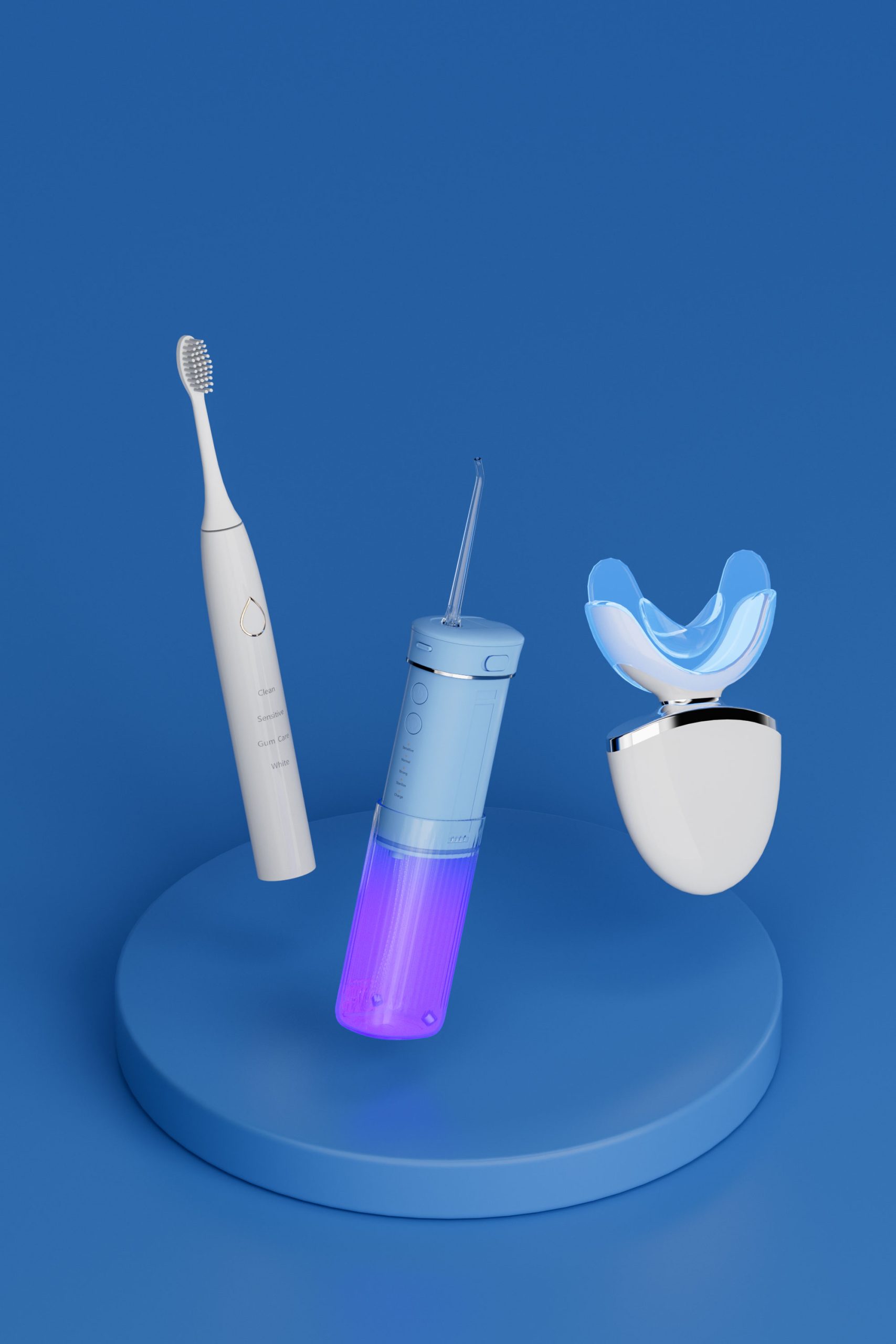
Creating the Ultimate Oral Care Combo: Keys to the Best Toothbrush Water Flosser Design
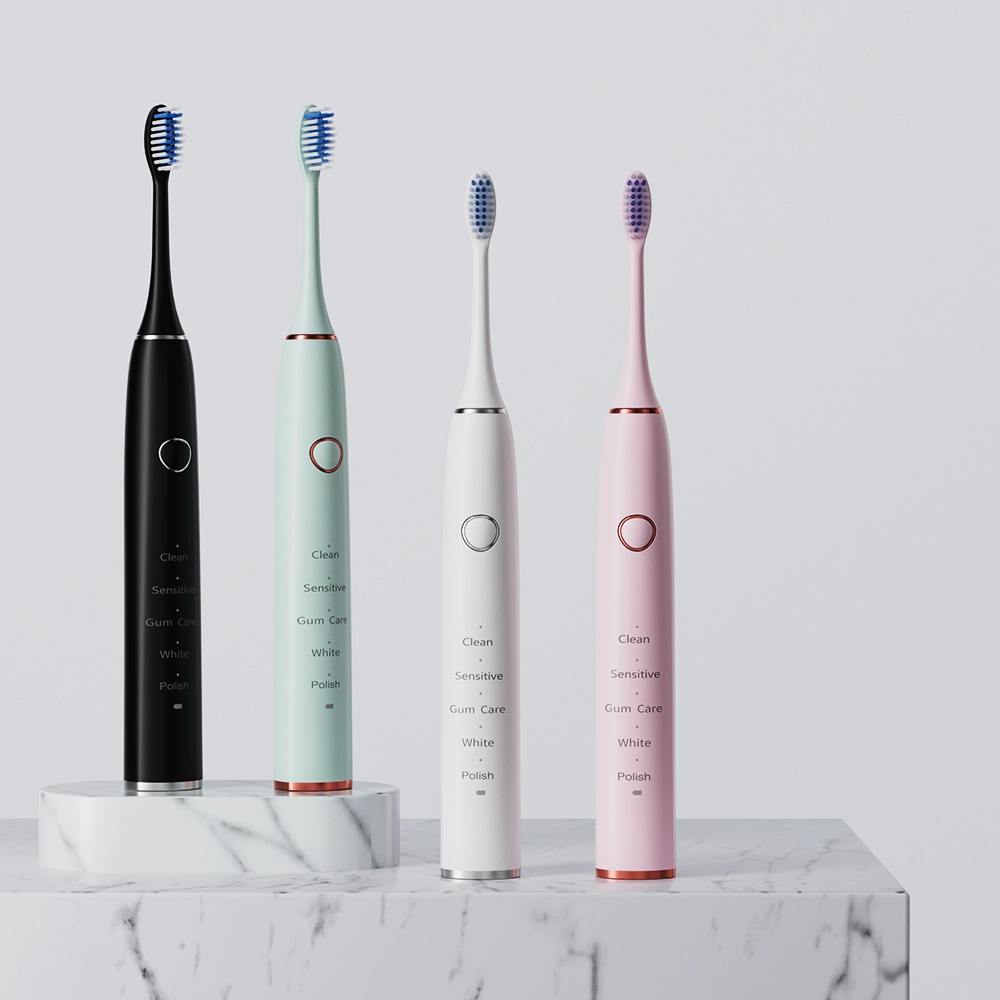
Our Electric Toothbrush Factory: Exploring the Manufacturing Process of Electric Toothbrushes
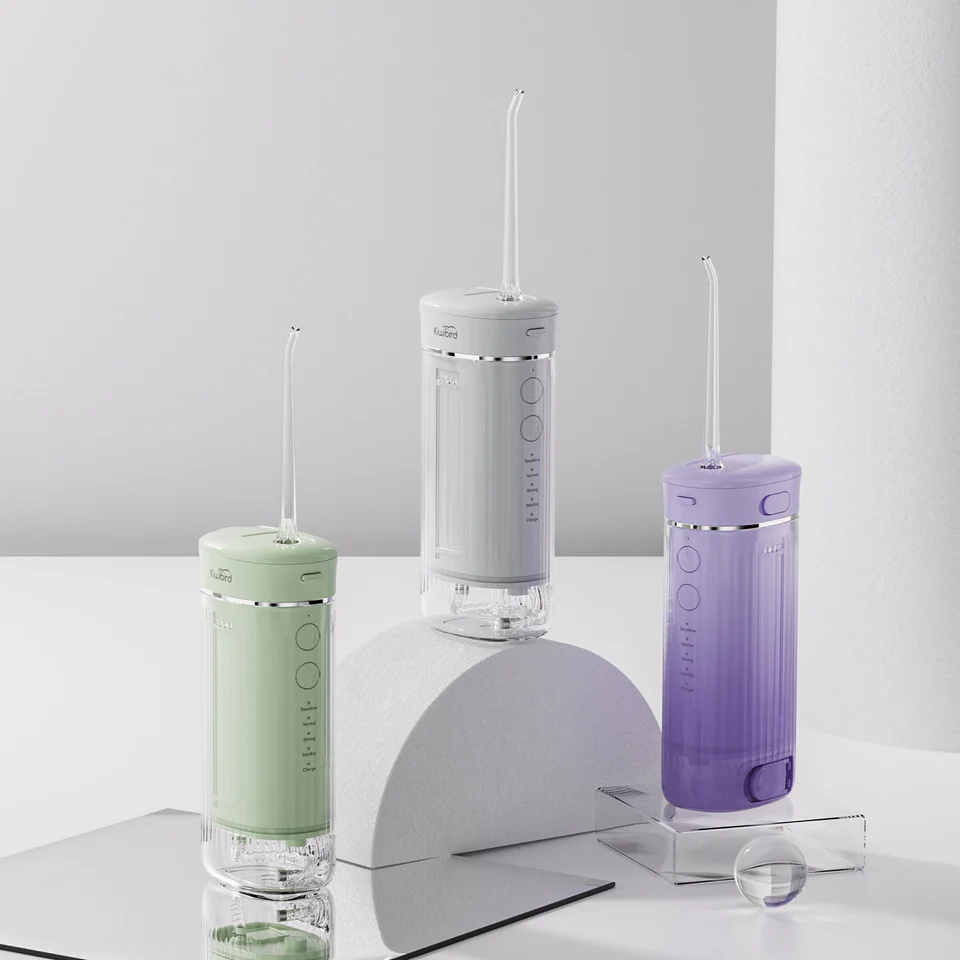
Tips for Preventing Mold in Water Flosser Tanks

Does Jet Stream Precision Depend on Long-Term Hose Durability?
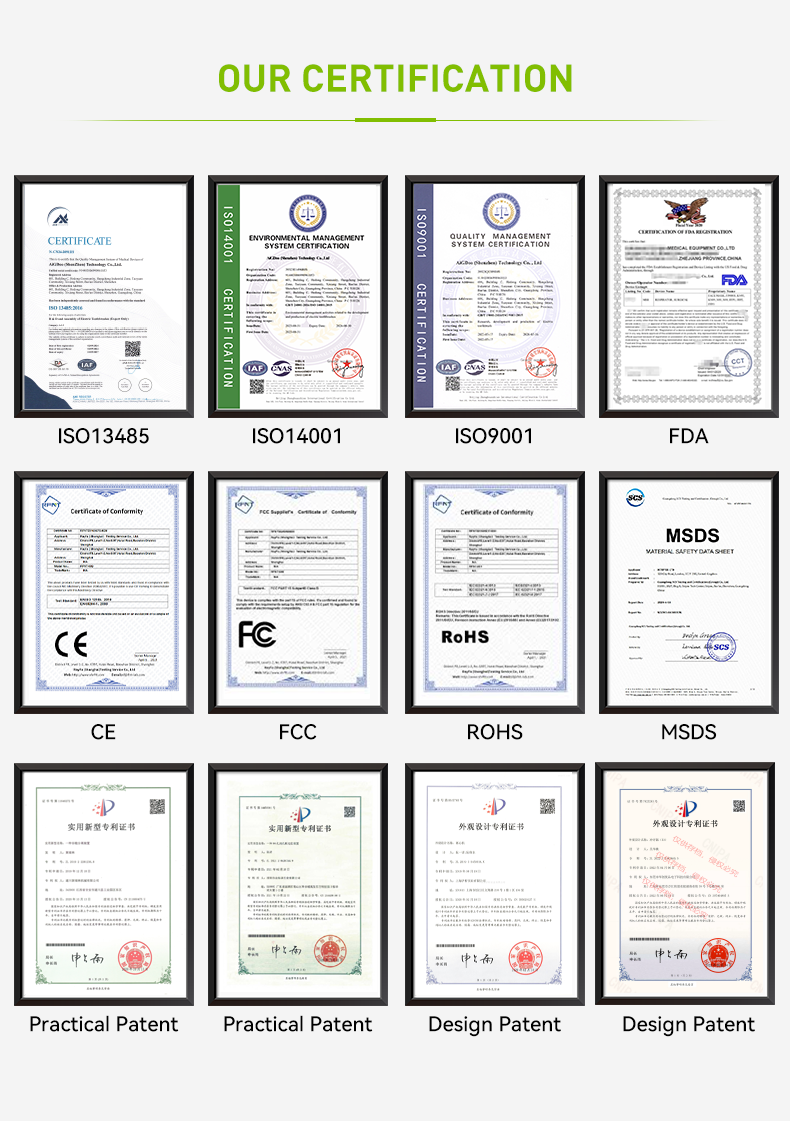
How Can Servo Motor Customization Enhance Your OEM/ODM Manufacturing Capabilities for Precision Toothbrushes?
.jpg)
How Do You Assess Toothbrush Supplier Reliability?
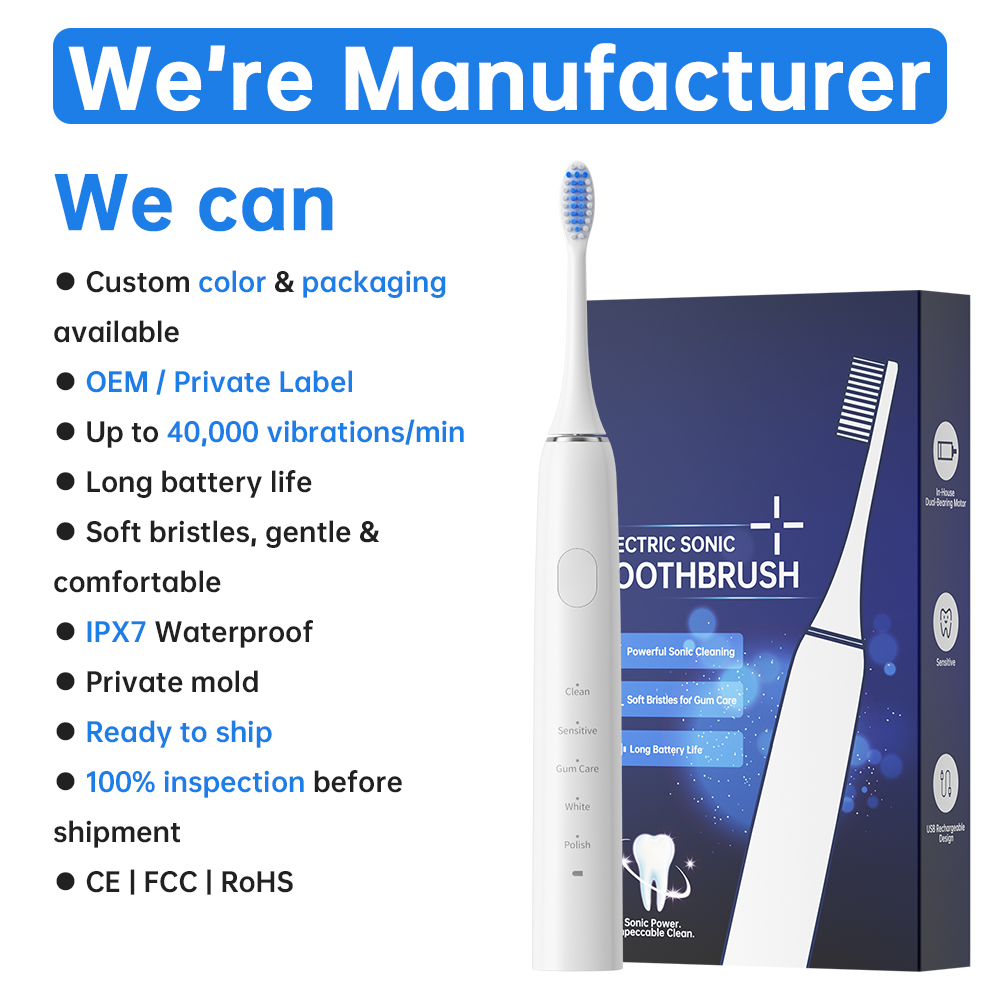
Does Your Sonic Vibration Core Require a Reliable PCB Assembly Service?
.jpg)
Electric Toothbrush Gift Set Supplier
.jpg)
What Are Typical Electric Toothbrush Delivery Lead Time and Electric Toothbrush Payment Terms?
.jpg)
Could Bristle Splaying Rapidly Induce Uneven Cleaning Patterns?

The Hidden Risks of Electric Toothbrush Head Patterns: An OEM Quality Perspective
.jpg)
Rechargeable Toothbrush for Dental Hygiene Programs

Can the Water Flosser Work if It’s Moldy and Smelly?
.jpg)
Motor Jamming with Overheating Alerts – Linked?
1-scaled.jpg)
Looking for Teeth Whitening Gel OEM Services for Your Cosmetic Dentistry Products?
.jpg)
Enamel Erosion with Cavity Acceleration – Vicious Cycle?